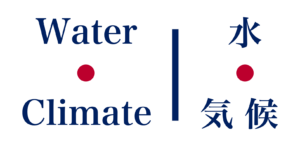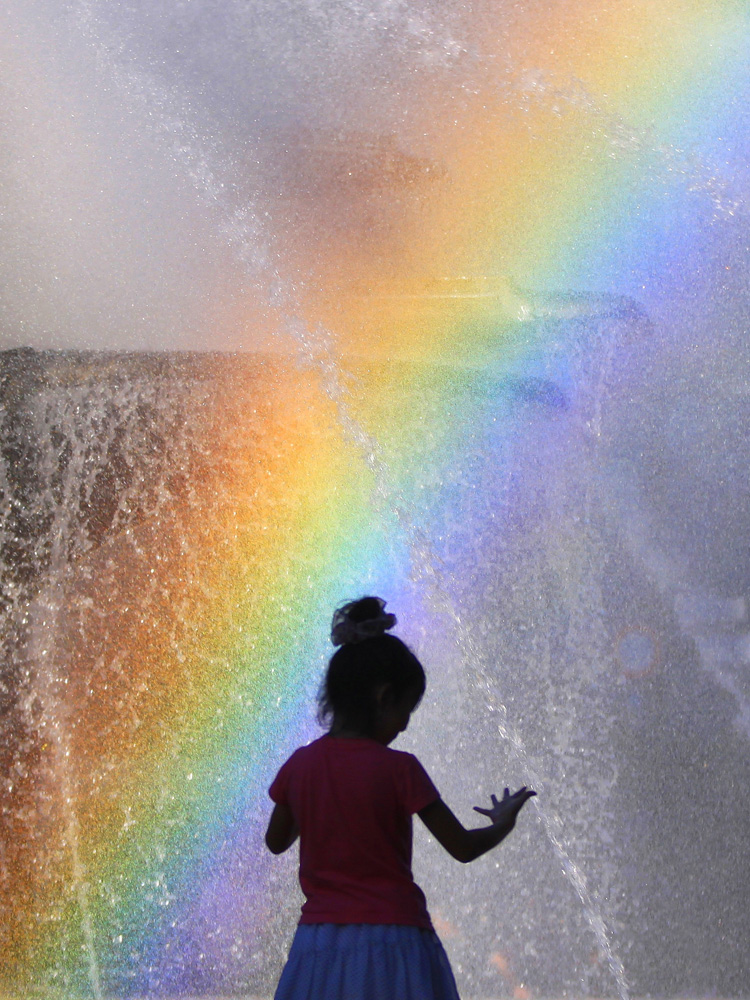Call for Abstracts
The 2024 GEWEX Open Science Conference is organized around three themes:
- Water and Climate in the Anthropocene,
- Extremes and Risks, and
- Water, Energy and Carbon Porecesses.
Sessions will focus on the GEWEX science goals as described in the GEWEX Science Plan 2023-2032 and will specifically address the Asian Maritime continent and the Australasian Monsoon, the GEWEX Regional Hydroclimate Projects AsiaPEX and the Third Pole Environment, The Global Precipitation Experiment (GPEX) and Society and Climate Science Interfaces – finding optimal solutions for water challenges in a changing climate.
We are inviting abstracts that contribute to research in the following areas:
- Determination of the extent to which Earth’s water cycle can be observed and predicted
- Quantification of the inter-relationships between Earth’s energy, water and carbon cycles to advance our understanding of the system and our ability to predict it across scales
- Quantification of the anthropogenic influences on the water cycle and our ability to understand and predict changes to Earth’s water cycle
- Extremes in the water cycle and risks to society
When registering, you can submit a maximum of two abstract per registrant for the sessions as indicated in the overview of research areas and associated topic(s) and sessions below.
The body of your abstract(s) should be between 300-1000 words per abstract.
Please note that the non-refundable abstract submission fee of JPY9000 per abstract must be paid directly after submitting your registration. Your abstract(s) will not be considered submitted until the non-refundable abstract submission fee has been received by us.
Topics and Sessions
Abstracts can be submitted to the following areas of research and associated topic(s) and sessions.
1. Determination of the extent to which Earth’s water cycle can be observed and predicted
- Topic – Observing the energy, water, and carbon cycles
Sessions:
- Observing the Water Cycle from Space
- Global Precipitation Experiment (GPEX)
- Novel observation methods from ground-based, airborne, and space platforms for closing observational gaps in the water, energy, and carbon cycles
- Reconstruction of Historical Global and Regional Hydroclimate Systems
- Sustainability of groundwater resources
- Topic – Energy, water, and carbon cycle balance studies
Sessions:
- Earth’s energy imbalance and the role of the water cycle
- Progress in closing the water, energy, and carbon budgets at basin to global scales
- Topic – Regional and catchment scale perspective on the water and energy cycles
Sessions:
- The global and regional water and energy budget
- Observational and Modeling Initiatives for the Asian Monsoon Field Campaign (AsiaPEX and AMY-II)
- The Mountain and cold region (cryosphere) Water Cycle
- Regional Hydroclimate Projects
- Understanding “actionable” information in hydroclimate research
- Topic – Emergent issues
Sessions:
- AI/ML applications in the water-energy nexus
- Climate Intervention in the Water and Energy Cycle
2. Quantification of the inter-relationships between Earth’s energy, water and carbon cycles to advance our understanding of the system and our understanding of the system and our ability to predict it across scales
- Topic – Atmospheric processes (Centennial celebration of atmospheric science education and research in China)
Sessions:
- Understanding Subdaily Rainfall Extremes and the Diurnal Cycle of Precipitation
- Cold Regions Earth Systems Change (Including Cold Air Outbreaks, Precipitation Occurring Near 0°C and the role of snowfall in the water and energy cycle)
- Global Energy and Water Cycles, Clouds and Radiation
- Changes in Rainfall Intensity and Distribution in Time and Space and their Effect on Surface Water Partitioning
- Climate and Weather Processes in the Asian Maritime Continent
- Organized convection – observation, tracking, modeling, and process understanding
- Upper troposphere-Lower Stratosphere interactions
- Mesoscale organization of deep convection
- Atmospheric boundary layer observations and modeling
- Aerosol-cloud-precipitation interactions
- Shallow mesoscale organized convection
- Cloud processes
- Storms and High-Impact Weather
- Challenges for Lightning Prediction and Early Warming
- Atmospheric dynamics-physics interactions
- Topic – Land Surface processes
Sessions:
- Evapotranspiration Determination
- Moving beyond MOST (Monin Obukhov Similarity Theory): Towards the next generation of land-atmosphere coupling in Earth system models
- Monitoring and modeling of water and carbon cycle coupling incl. Solar Induced Fluorescence (SIF) over a range of ecosystems and climates
- Groundwater modeling and observations
- Comparisons of observations and land model output: Insights on process understanding and representation (Benchmarking and Metrics)
- Novel mechanistic modeling and monitoring of the soil-vegetation system for the improved prediction of Land-Atmosphere interactions
- Leveraging land surface temperature to advance understanding and modeling of land-atmosphere interactions
- Topic – Land/atmosphere coupling
Sessions:
- Land-Atmosphere Interactions and Climate Predictability, Including Subseasonal to Seasonal (S2S)
- Land-Atmosphere Interactions and Water Cycle over the Third Pole Region
- Grand Challenges in Land-atmosphere Interaction in Asia
- Land-Atmosphere System – synergetic observations, modeling for improved process understanding (incl. Atmospheric boundary layer //GLAFO)
- Topic – Modelling the Earth System
Sessions:
- Km-scale regional and global modeling – advancements, opportunities, and challenges
- Monsoon – Atmospheric-Land and Atmospheric-Ocean Interactions
(Special Celebratory Session of 150 Years of the Indian Meteorology Department – Together with SPARC/ACAM)
- Water, energy and carbon processes: Advances and challenges to bridge between models and current observational data records across scales
3. Quantification of the anthropogenic influences on the water cycle and our ability to understand and predict changes to Earth’s water cycle.
- Topic – Interactions between the human and geophysical systems
Sessions:
- Advances in Irrigation Hydrology and Its Impact on the regional climate
- Human-Climate Water Nexus, Climate Change, and Water Security, water management & Sustainability
- Water and climate in urban and/or coastal environments
- Land-Atmosphere Interactions for Cities and Urban Climate
- High Resolution Hydrological Modeling incorporating Anthropogenic Interventions
- The role of freshwater in sea level rise and near-coastal subsidence on water resources
- Coupled Human-Earth System Modeling
4. Extremes in the water cycle and risks to society
- Topic – From extremes to risks to society
Sessions:
- Satellite Observations for Climate Extremes
- Heatwaves and droughts in Present and Future Climate
- Monsoon processes and society
- Documenting Extremes
- Addressing the Challenge of Cascading and Compound Events
- Predictability and prediction of extreme events
- Early warning of climate and disaster risk management
- Generating climate information for smaller-scale decision-making
- Advance in flood research, its prediction, impact assessment and mitigation strategies
Additionally, there is a Water and Climate Science Open Session for those abstracts that do not fall under any of the above mentioned sessions.


